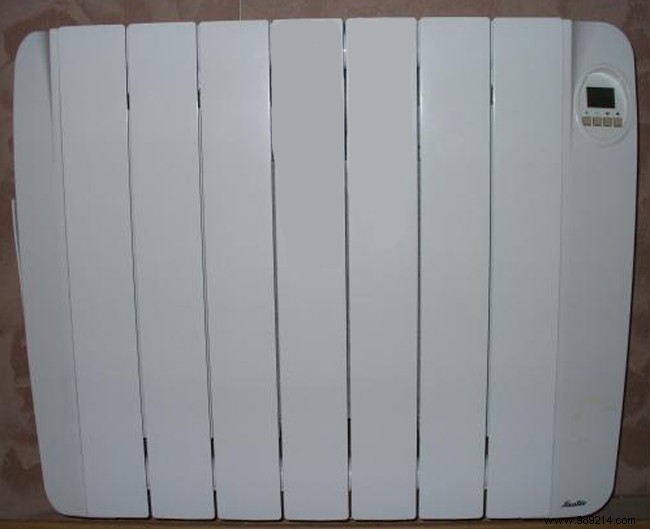
Global warming is a constant threat to us. To slow it down, we must adopt new energy consumption practices. To this end, it is undoubtedly the heating item that must be reviewed since it constitutes approximately 40% of our energy consumption. Manufacturers offer, and even guarantee, electric heaters that consume less energy and are therefore more economical, but is this really achievable?
It is a fact, the price of electricity continues to rise. If at one time, the public authorities relied on nuclear power plants to produce electricity at low cost, today the trend is the opposite. The imperatives of environmental protection require considerable investments to make these aging power plants safer, which induces a higher production cost, and therefore equally important tariffs in our bills. The use of electrical appliances will therefore only increase the bill at the end of each month. With this in mind, it would be illusory to consider that an electric radiator can be economical.
Even if it does not emit greenhouse gases, harmful to the ozone layer, it is not ecological since the uranium necessary for nuclear power plants comes from distant countries resulting in a carbon bill to be taken into account. , on the one hand, and on the other hand, nuclear waste still cannot be treated, which leaves a big and dangerous environmental slate.
Like any electrical device, the performance of the electric heater must be optimized to the maximum. This involves repair work to improve the insulation of the house. The installation of double-glazed windows will help contain the heat inside. Insulating the roof and walls will also reduce the use of heating. As a result, we will consume much less electricity. But this is not specific to electric heating, the insulation of the house leads to a drop in energy consumption and this concerns all heating systems, whether wood, fuel oil, solar or electric.
There are some models that we can still consider more economical. These are particularly intelligent electric heaters that do not work permanently. Equipped with multiple sensors, they turn on and off automatically based on room or house temperature. The possibility of connecting these electric heaters to the home automation system will make it possible to achieve significant energy savings. The heating switches itself off as soon as the room is empty for a certain period of time. During the day, when you are at the office, the radiator will be set to minimum. It will only resume a few minutes before your arrival. These smart electric heating systems also improve comfort by constantly regulating the level as needed. Indeed, the ideal temperature is around 17 and 20°C, depending on the room.
 Among the criteria to check when buying an electric heater, we too often focus on the device power. We believe that all 1200W electric heaters all have the same characteristics and the same energy consumption. It's not always the case. It greatly depends on the ability to spread heat.
Among the criteria to check when buying an electric heater, we too often focus on the device power. We believe that all 1200W electric heaters all have the same characteristics and the same energy consumption. It's not always the case. It greatly depends on the ability to spread heat.
In short, this criterion refers to the constancy of the heat provided in a room or in a house. If this is not specified, you will tend to always ask for more, especially if the radiator is in the living room and you are in the kitchen. The result is overconsumption that can reach 20% more. However, this is exactly the problem encountered with the basic electric convector. The diffusion of heat is such that you will feel enormous variations in heat as soon as you are away from the radiator. The most effective solution is to use an inertial electric heater which diffuses gentle and constant heat.
In the end, it is essentially up to everyone to save money, even with electric heating. Rational use can significantly reduce our bill at the end of each month. Improve your insulation so that the start-up of the radiator is optimized. On the other hand, it is obvious that an inertia radiator will have more impact, both on comfort and on electricity consumption. If you had to avoid one model in particular, it would be the "toaster" electric convector which is so imprecise that you will have to use it to the maximum. You need an intelligent electric heater, which regulates itself, to start and to stop:so, if it does not work continuously, it will be economical... but not ecological for all that.